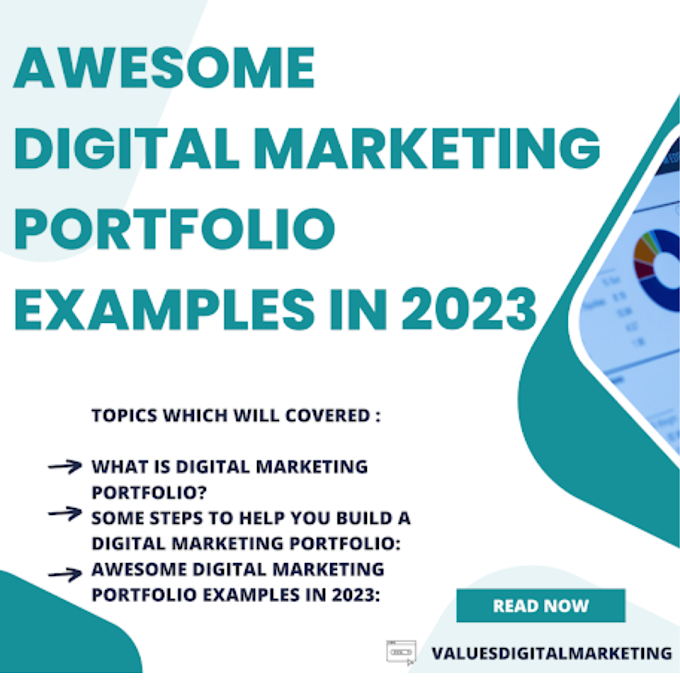When it comes to learning these topics, it's important to start with the basics and work your way up to more advanced concepts. A suggested order of learning these topics from basics to advanced stage could be:
- Fundamentals of digital marketing: This includes being aware of the many channels at one's use, the marketing funnel, and the fundamentals of online advertising.
- Search engine optimization (SEO): This involves growing familiar with technical SEO, keyword analysis, off-page optimization, and on-page optimization.
- Pay-per-click advertising (PPC): It includes gaining comfortable with display advertising, social media advertising, Bing Ads, and Google Ads.
- Analytics and reporting: This includes learning how to measure website traffic and revenue, how to develop reports, and how to use tools like Google Analytics.
- Advanced topics: This requires acquiring knowledge on a variety of subjects, including mobile optimization, email marketing, and content marketing.
The sector of digital marketing is one that is continuously changing, so it's critical to be studying and up to date with the most recent trends and best practices.
- What is ppc
PPC stands for "pay-per-click," which is a form of online advertising where advertisers pay a fee each time one of their ads is clicked. Essentially, it's a way to buy visits to your website instead of earning those visits organically through search engine optimization (SEO) or other forms of online marketing.
PPC ads are typically displayed at the top or bottom of search engine results pages (SERPs) or on other websites that have agreed to display ads through an ad network such as Google Ads or Bing Ads. The ads are targeted to specific keywords or phrases that are relevant to the advertiser's products or services.Advertisers bid on these keywords or phrases, and the winner of the bid gets their ad displayed to users who search for those keywords or phrases. The cost per click (CPC) of the ad depends on factors such as the competitiveness of the keywords, the quality of the ad, and the maximum bid set by the advertiser.
PPC can be a very effective way to drive targeted traffic to a website, increase brand awareness, and generate leads and sales. However, it can also be costly if not done correctly. It's important to carefully research and select the right keywords, create high-quality ads that resonate with the target audience, and continually monitor and optimize the campaign to ensure maximum ROI.
- Which is better in ppc or seo
Both PPC (pay-per-click) and SEO (search engine optimization) have their own unique advantages and can be effective in driving traffic to a website. The choice between the two depends on your business goals, budget, and target audience.
PPC is a paid advertising method where you bid on keywords to get your ads displayed at the top or bottom of search engine results pages (SERPs). One of the advantages of PPC is that you can get instant visibility for your website, which can be particularly useful for new businesses or for promoting a specific product or service.Ultimately, the decision between PPC and SEO depends on your specific business needs and goals. In some cases, it may make sense to use both methods in combination, particularly for businesses that want to maximize their online visibility and reach a broader audience. It's important to carefully consider your budget, target audience, and business objectives when deciding which approach to take.
- Most relevent advantages of ppc
Here are some of the most relevant advantages of PPC (pay-per-click) advertising:
Instant visibility: With PPC, you can get your ads displayed at the top or bottom of search engine results pages (SERPs) almost instantly. This means you can start driving traffic to your website immediately and see results quickly.
Targeted traffic: PPC allows you to target specific geographic regions, demographics, and keywords. This means you can reach your ideal audience and increase the chances of converting them into customers.
Measurable results: PPC provides detailed tracking and analytics that allow you to measure the success of your campaigns. You can track metrics such as clicks, impressions, conversions, and ROI, which can help you refine your campaigns and improve your results over time.
Control over ad spend: With PPC, you have complete control over your ad spend. You can set daily budgets and adjust your bids based on performance, which means you can manage your costs effectively and prevent overspending.
Flexibility: PPC allows you to quickly and easily create, modify, or pause your campaigns as needed. This means you can adjust your strategy based on market conditions or changes in your business goals.
Overall, PPC can be a powerful tool for businesses looking to drive targeted traffic to their website and generate leads and sales. It's important to carefully research your target audience and select the right keywords to maximize the effectiveness of your campaigns.


.png)

.png)
.png)
.png)
.png)
